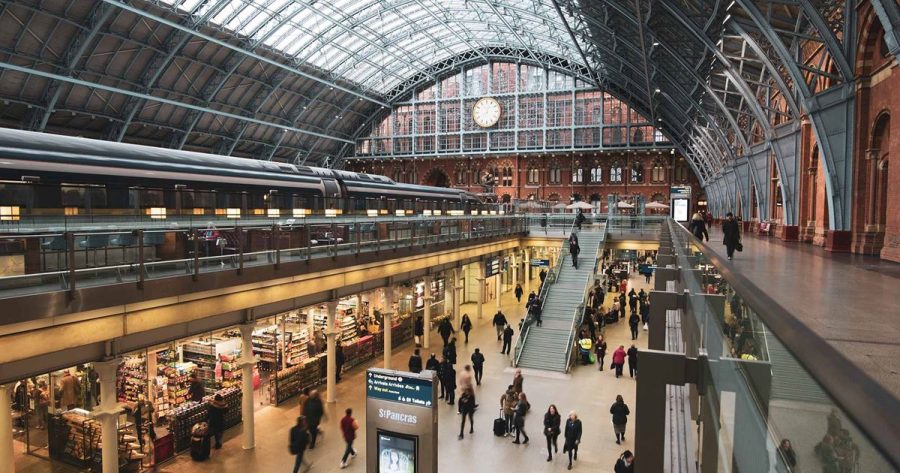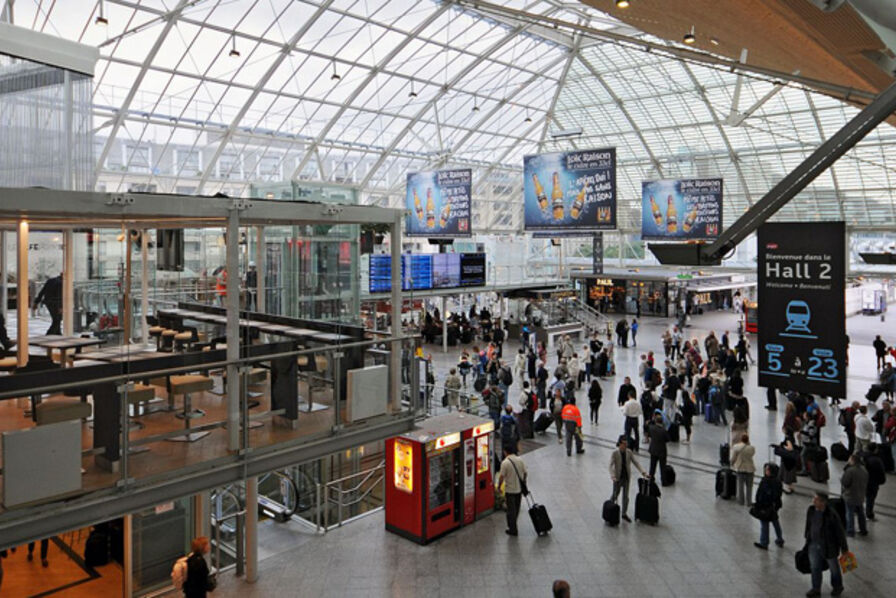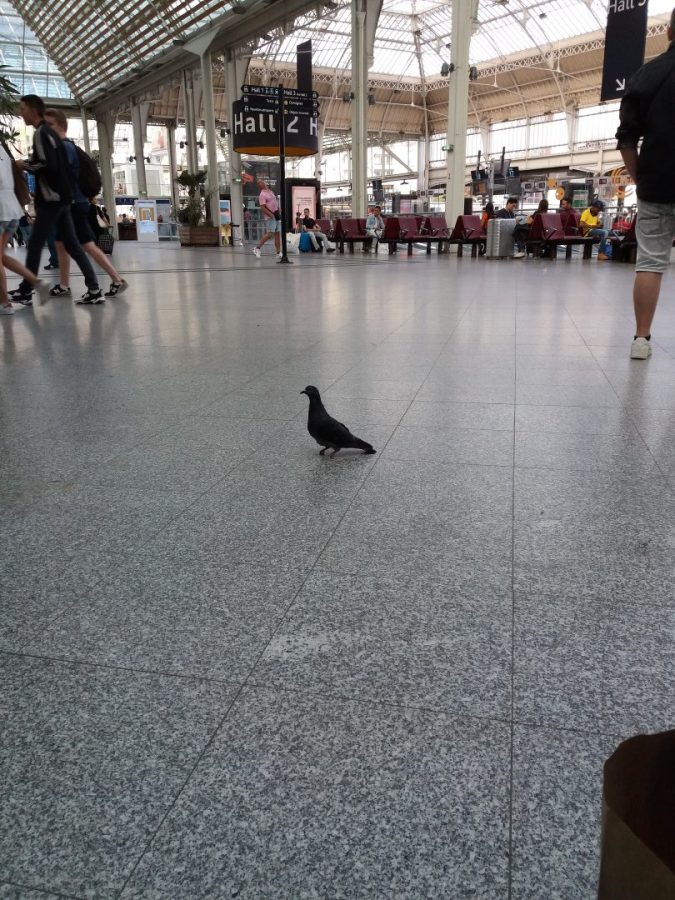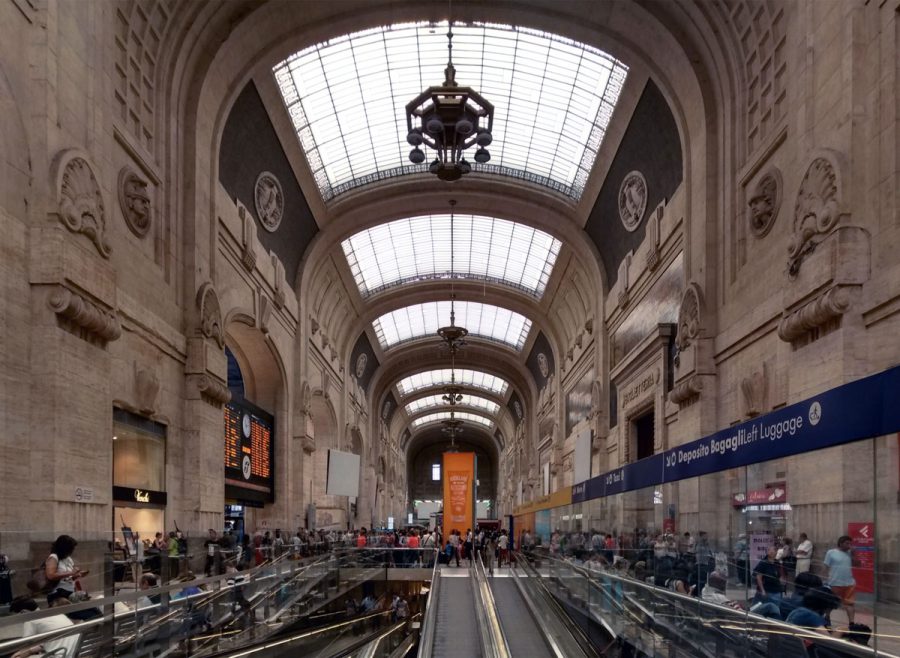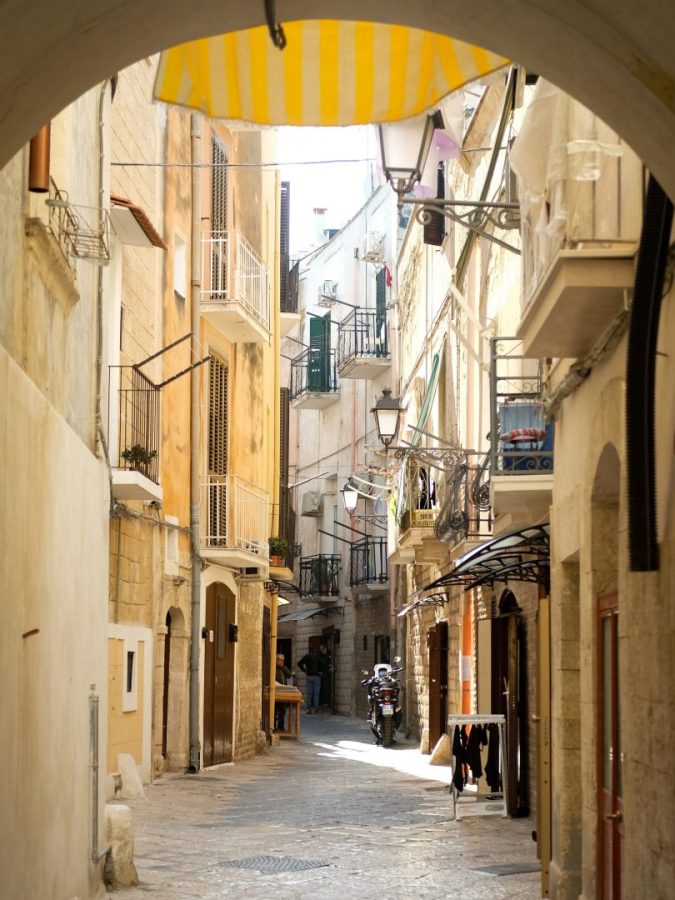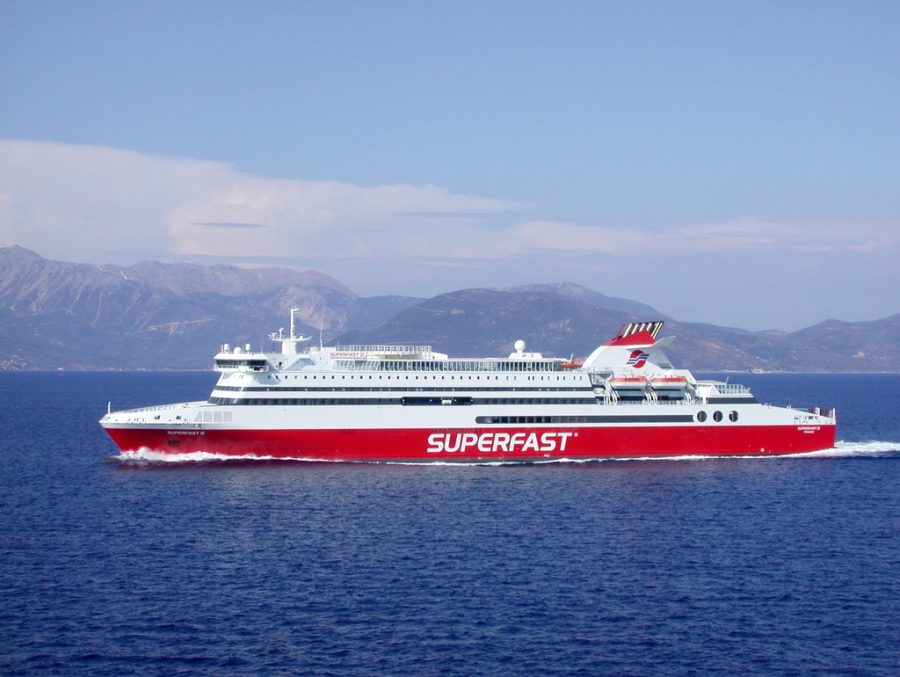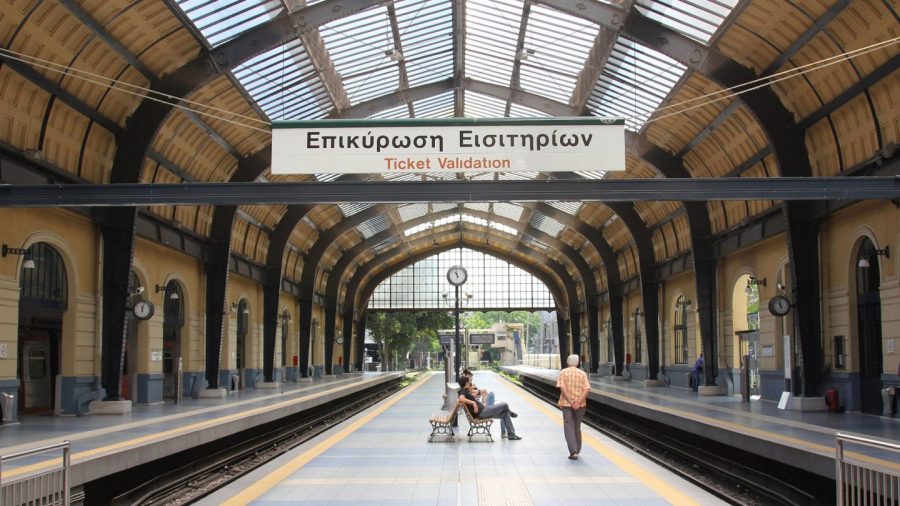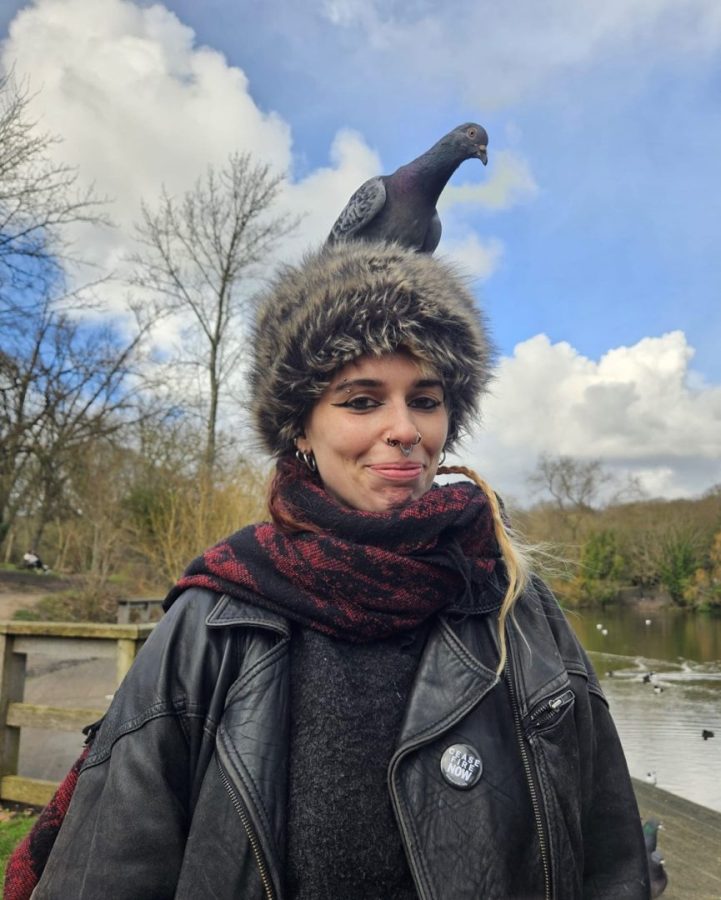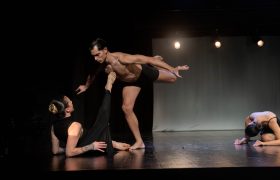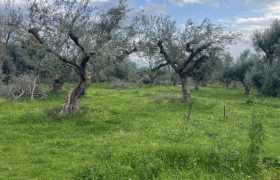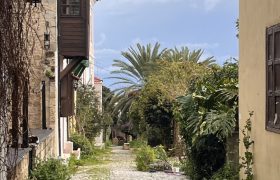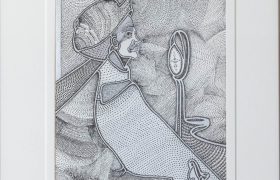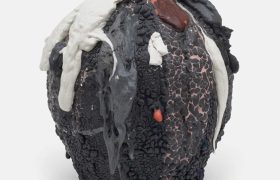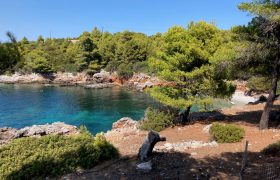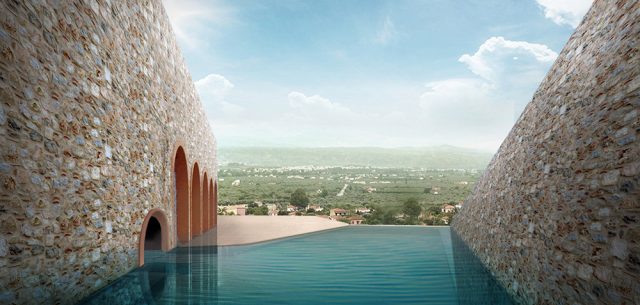Railtripping through Europe – a slow and sustainable way to travel to Greece
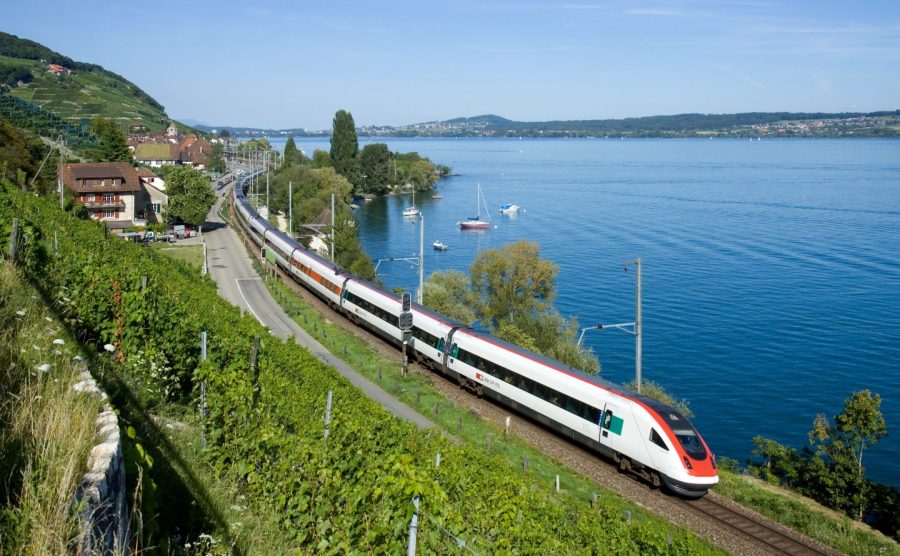
Anna Zed Papadimitriou experiments travelling by train and finds it transformative. In this time of ecological crisis, Anna suggests finding our own small ways of venturing outside the default, of stepping outside a system that perpetrates destruction in the name of progress and convenience, and in doing so delighting in our beautiful world while we still can.
After a 4,000 mile journey across 4 countries, I have finally made it onto Greek soil. I hurl my heavy backpack into the back of a cab and jump in. The driver asks me where I’ve come from.
‘London’ I reply. ‘By train and ferry’
There is a pregnant pause followed by a genuinely concerned ‘Ma giati koritsi mou?’ But why, my girl?
It is a good question. At the start of this voyage I was wondering the same thing. But today is day three, and I can stand by my decision with delirious conviction.
When I first considered not flying home to Athens to see my family, I felt a pang of resistance, entitlement. Why should I spend more time and more money traveling by train and ferry? It was this pang I felt determined to interrogate. Despite being in a time of ecological emergency, flying is still considered as routine an activity as eating or sleeping. What would it look like to make the journey home by land and sea? I choose to conduct the experiment.
I set off from Kilburn in North West London at 7am on a freezing January morning and make my way to St Pancras station. The Eurostar to Paris is by far the least romantic part of the journey. I sit alongside stressed commuters with their laptops and work calls, relentless corporate chattering. But there is anticipation in the air and I wonder what the next two and a half days will bring.
I arrive in Paris about 12.30 and make my way across town by metro from Gare Du Nord to Gare De Lyon to get my train to Lausanne. It’s disorientating that I’m on my way home to Athens. I am so used to being on autopilot when traveling, a mindless check in at the airport, followed by a mindless interaction with airport security, followed by a mindless walk onto the plane where I sit and wait for the journey to be over. This is different and I feel slightly gormless and wide eyed. A captive animal taking her first shaky steps into the woods of intentional living.
Once at Gare De Lyon station, I potter about, admiring the hustling crows and pigeons (I am a keen bird watcher), order some camembert croquettes and make my way to the train to Lausannne. I finally have a sense of the open horizon as the TGV hurtles through the city and out into the French countryside.
My earnest desire to live this experience wholeheartedly very quickly starts to fray at the edges. The train is rammed and I’m facing the wrong way. There’s no room for my backpack so I keep it on my lap. At every nauseating turn on this snakey route, the train lets out a small, pained whine and I have to catch myself to stop me and my backpack from toppling over. My knees keep accidentally knocking against the bored teenage girl next to me and I start to feel grumpy. If I’d flown, I’d be having dinner with my parents in Athens by now. The train speeds through bald, farmed landscapes and it hits home how little wild land we have left that hasn’t been taken over by agriculture.
Dusk begins to settle and we have entered Switzerland, with the looming Jura mountains on either side of the tracks, the endless Swiss pines, the river Le Rhone, Lake Leman. I start to breathe.
We arrive in Lausanne at 7pm but there’s no time to take in my surroundings. Within the hour, I’m chugging steadily to Milan. A glimmer of satisfaction surfaces at having made every single one of my train connections. I have a whole carriage to myself and it stays that way until we reach Milan. Despite the harsh lighting and seeing nothing but a black abyss through my window, I’m starting to sense the mystery of my journey and sink into its full bodied, slower pace. As we travel through Northern Italy, I have no idea the wild beauty I am missing around me because of the darkness; the snowy peaks of Monte Tamaro, Monte Nudo, the glittering blue of Lake Maggiore, the grazing donkeys near Domodossola, the herons on the River Rhone. On the way back to London, these landscapes are the highlight of my journey.
I feel a sense of relief arriving in Italy. The Mediterranean familiarity feels welcome after a day of speaking bad french. I am stunned by the megalomanic fascist architecture of Milano Centrale station, whose size apparently fits two of Milan’s biggest cathedrals inside it. I’m exhausted as I make my way to the hostel across the road to finally rest. As I’m doing this journey on a budget, I share a dorm with five shy women. It’s strangely intimate sharing a room with people you’ve just met and will never see again. To be around each other in our pyjamas, brushing our teeth, putting foot cream on, the not-so-gentle snores coming from the bunk below. We trust each other for those few hours of sleep, and at 6am go our separate ways. I sleepily stumble across the road to Milano Centrale and I’m already excited for what the day will bring, as it rises open and curious.
The train from Milan to Bari is 7 hours along the Adriatic coastline. Despite my exhaustion, I’m glad to be on this train. The ‘inconvenience’ of it taking three days suddenly seems irrelevant. It eases the spirit to simply pass through places, anonymous, a person who means nothing to the people around me. To know that my destination is so far that I have nowhere to be but the present moment, with time to witness, absorb and to learn. I also find time to finish reading two novels on my travels.
At 3.30pm, I finally arrive in the heel of Italy, Bari Centrale. As I step down onto the platform, I notice a limping pigeon with string tightly wound around her foot and want to help her. Catching feral pigeons is a tricky solo activity, so I approach a young man sitting on a bench bobbing his head to the music in his ears. He has a barbed wire tattoo across his right cheek and his face is covered in piercings. Silvio the punk, it turns out, loves pigeons and would be more than happy to help me catch her. It’s a sweet collaboration, but after an hour of sliding around the platform in the afternoon sun, trying to lure her with focaccia, she flies away. We shake hands, appreciate each other’s pigeon solidarity and part ways.
I decide to walk all the way to the ferry, through the labyrinth of Bari old town, under the laundry lines that decorate the cobbled alleyways. I stop off for a plate of pasta and continue along the seafront. When I arrive at the ship, I am the only foot passenger. The sky is hues of pink and orange as I’m greeted by a Greek crew. It brings tears to my eyes to finally speak Greek and I greet every crew member I come across in a continuous overenthusiastic stream of ‘Geia sas, kalispera, Geia sas, kalispera’. ‘Hello, good evening, hello, good evening.’
As it’s January, the only other people on the ferry are Greek male, middle aged lorry drivers. The ferry ride is their down time, and they sprawl out across the lounge with bottles of wine and food from the canteen, watching the football on the screen and laughing. As a young woman traveling alone, I stick out like a sore thumb and feel slightly uneasy. I keep to my own devices and curl up across three seats in my sleeping bag.
Day three. Usually my arrival in Greece involves flying over the country at high speed, squinting through a tiny window at the sprawling city, the mountains, the islands- everything in miniature form. Now I stand on the windy deck, tasting salt on my lips and feeling almost a sense of euphoria at the chalky cliffs of the Gulf of Patras, the deep blue of the Ionian sea. My first step onto Greek soil feels nothing short of epic.
It’s the homestretch. A bus from Patra to the nearby town of Kiato, then the train to Athens’ central railway station, Stathmos Larissis.
I bird-watch at the bus stop, hang out with a black and white kitten and get on my bus. I am soothed by the familiar tinny rebetika playing through the speaker, the smell of cigarettes and deodorant, the student boy next to me with his tupperware box of home-cooked pastitsio, most probably from his mum.
At 5.30pm, the crowded train pulls into my chaotic, filthy, gorgeous Athens and I am home. My parents, sister and our dog Kirki are waiting for me at the finish line. We pile into the car and I describe my journey to them while my Mum gets out the thermos of tea with a bag of nuts and apples. Arriving home has never felt this triumphant.
As I speak, I realise that my travels have brought me into true connection with each place I passed through. A full experience of the various atmospheres of each city, country, sea, person, animal.
The sanctuary of San Luca in Bologna, the moody woman I shared chocolates with on the train, the blue of the Adriatic sea, the donkeys of Domodossola, the baker from Bari, the thick olive groves and gorges of Axaia, the Corinth Canal. Not to mention the shift in coffee taste and texture from watery Parisian train station coffee to a velvety Milanese cappuccino, to a dusty Greek espresso. The gradual transition of languages from English to French, to Swiss German to Italian and finally to Greek (with sprinklings of Albanian en route).
I understand that not everyone can choose to travel solely by land (although imagine the difference it would make if we did!). Not everyone has the luxury of time, not to mention the physical ability. Traveling slowly by train made me realise how often I have bypassed connection to the world around me in the name of convenience. Perhaps in this time of ecological crisis, we can all find our own small ways of venturing outside the default, of stepping outside a system that perpetrates destruction in the name of progress and convenience, and in doing so delighting in our beautiful world while we still can.
Anna Zed Papadimitriou is a Greek-English songwriter, lead vocalist and guitarist of HAWXX, a shapeshifting, punk infused, feminist alt-metal band. HAWXX’s music is about feminist resistance, undoing oppressive beauty standards, violence against women and queer people and the unfolding ecological catastrophe. Anna and band member Hannah have been nominated by Metal Hammer as guitarists most likely to change the world and their 2023 album Earth, Spit, Blood and Bones is nominated for album of the year by Metal Hammer.

